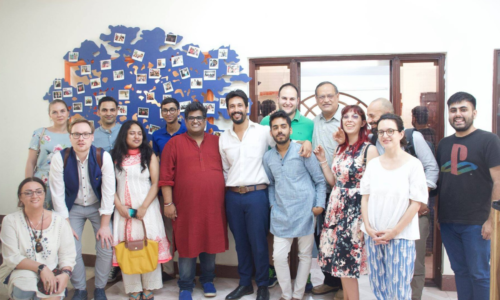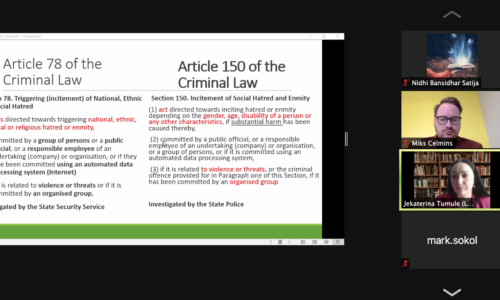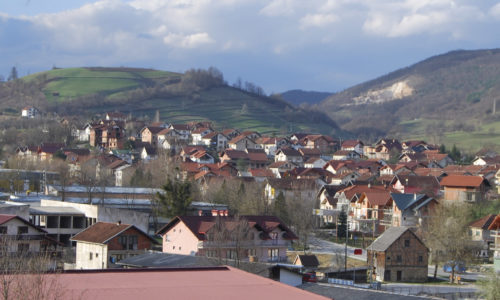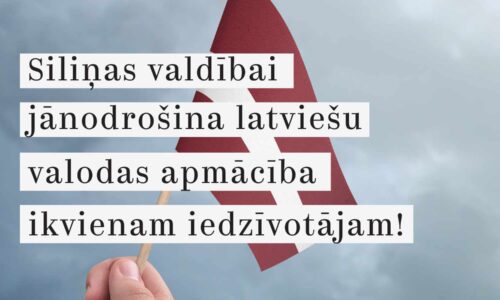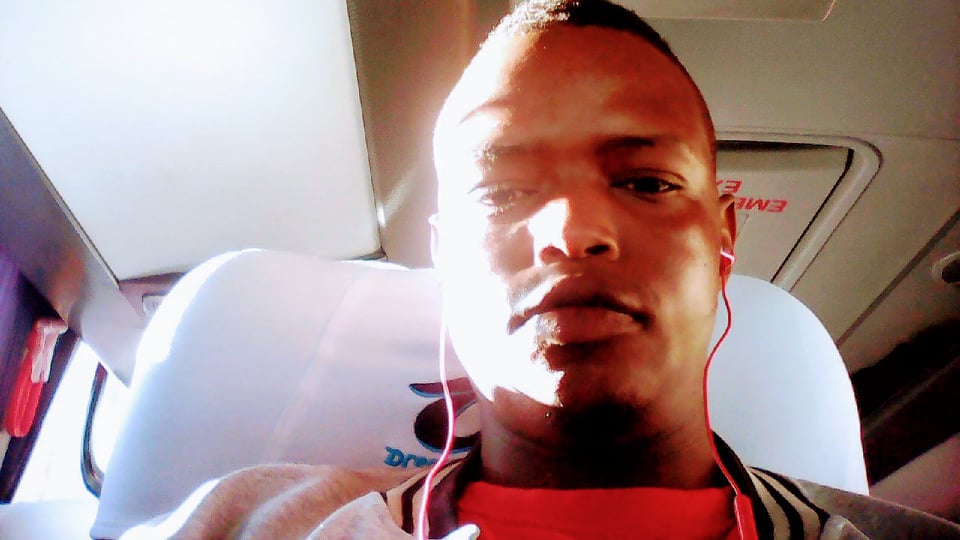
What the 21 day lockdown means for South Africans?
- News
- covid19, southafrica
- March 30, 2020
The 21-day lockdown that the country will face will be the biggest challenge that has ever emerged in many decades – as this announcement was made by President of South Africa, Cyril Ramaphosa on Monday night.
This lockdown will have strong implications on ordinary South Africans, and for that reason, the lockdown is deemed as the biggest challenge that ever emerged in decades; because it will affect our economy and many other sectors.
As the high number of cases of this contagious virus increases, it happened on Tuesday – that top officials of the Government tried to justify why this harsh measure has to be implemented. And the reaction to the harsh measure brings about a sense of unparalleled fear and panic due to South Africans being aware of the state of the Health care sector in the country.
And as if to underscore the gravity of the situation; the Health Minister Zweli Mkhize announced on Tuesday that there were two patients who were treated in an intensive care unit because of this highly deadly virus and therefore deliberated much deeper the justifications why the 21-day lockdown is crucial for us as South Africans.
With the coronavirus rampantly spreading like wildfire in South Africa, we are at a grave danger because we also have other burdens that we are facing as a country, for example – we have the world’s highest burden of HIV. And other burdens are youth unemployment, poverty, lack of access to basic human services, poor health care services and facilities in poorer communities, high costs of living and according to the International Labour Organization (ILO) – the rate of unemployment in South Africa will increase by 25 million. This will be most highly attributed to the Labour and economic crisis caused by the COVID-19 pandemic.
As to the unemployed youth and job seekers, this means a dramatic pause to job hunting; this will lead to more despondency and hopelessness to a young person who has been hunting for work for a while.
On Monday soldiers were seen on the main roads of Johannesburg when the lockdown was announced in the nation’s largest city. The army will be critical in limiting the movement of people, and that in itself is what the lockdown eminently means to flatten the curve of the rising statistics of the infected almost every day.
Furthermore, any person that violates the lockdown measures could face a month’s imprisonment or fine. However, during the period of the lockdown banks, pharmacies, gas stations and financial institutions including health care services will remain open.
And more to this implies a disturbance to living norms. However, many optimistic young people recognize the pandemic and take into full consideration that posts the 21 days lockdown despite the economic down-low, lost jobs, loss of business to the entrepreneurs, and closing down of shops for the street vendors, there is a steady hope among youth that we as a country will undergo this testing trial and come out stronger together.
In closing, as an Activist, I truly believe that we as a network of 5 000 strong youth across South Africa will come up with innovative, cutting edge solutions that can steer the country on a new course in overcoming the global pandemic.
Article for Make Room by Lebogang Victor Ditsebe, South Africa
